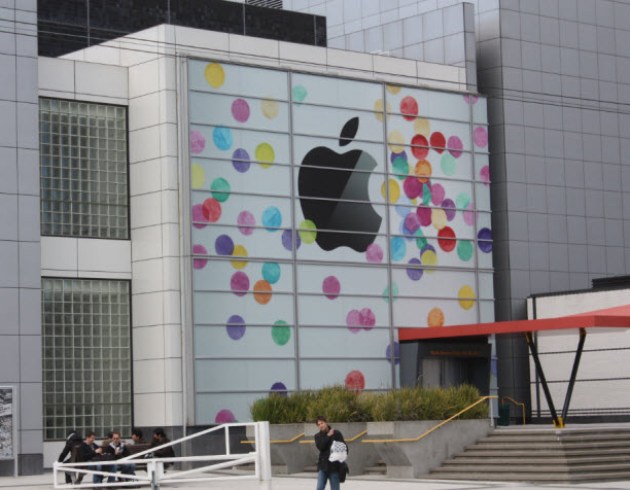
If this kind of awareness is a good harbinger of sales, then Apple may be poised to dominate the market for tablets in 2011, as Apple Steve Jobs predicted at the iPad 2 debut event and as we mostly agreed in our own analysis.
[aditude-amp id="flyingcarpet" targeting='{"env":"staging","page_type":"article","post_id":248369,"post_type":"story","post_chan":"none","tags":null,"ai":false,"category":"none","all_categories":"business,mobile,","session":"C"}']As we noted earlier this week, the iPad 2 won praises among key reviewers because it is thinner, lighter, and faster than the original iPad that debuted 11 months ago. Those positive reviews, which started appearing on Thursday, likely helped boost the awareness of the iPad 2. As you can see from the Google Trends chart, iPad 2 awareness rose dramatically on March 2 when Apple fully described the product.
AI Weekly
The must-read newsletter for AI and Big Data industry written by Khari Johnson, Kyle Wiggers, and Seth Colaner.
Included with VentureBeat Insider and VentureBeat VIP memberships.
We’ll get some concrete information if Apple announces sales results for the weekend, as it usually does after a major launch. It isn’t clear just yet whether the stores are selling out of their supplies or not, but the crowds certainly came out on Friday night for the launch. Analysts are predicting that Apple could sell 600,000 iPad 2s this weekend. The original iPad sold 300,000 in its first 24 hours, but analysts such as Gleacher’s Brian Marshall and Tim Bajarin of Creative Strategies think that Apple will blow those numbers away this time.
I saw a huge crowd at the Palo Alto, Calif., store on Friday afternoon, but the Los Gatos, Calif., store (pictured at top) was kind of sparse on the chilly Saturday evening tonight. Meanwhile, VentureBeat’s Owen Thomas saw a big crowd (pictured below) lined up to buy iPad 2s at the store on Saturday, in Austin, Texas, where the South By Southwest (SXSW) show was being held. These snippets don’t mean much, as they’re just a tiny sampling of the 10,000 stores — including 236 Apple stores — selling the iPad 2. A year ago, Apple sold the iPad in 221 Apple stores and 1,100 other stores at launch. So it’s understandable that the lines would be smaller at this year’s launch events.
But even after the others draw attention to themselves with launch events, it will be tough to beat Apple. ChangeWave Research said a survey conducted last month in the U.S. showed 82 percent of those planning to buy a tablet in the next three months said they would buy an iPad. The Xoom got just 4 percent of the vote, while the RIM PlayBook and the first-generation Samsung Galaxy Tab got 3 percent each.
[aditude-amp id="medium1" targeting='{"env":"staging","page_type":"article","post_id":248369,"post_type":"story","post_chan":"none","tags":null,"ai":false,"category":"none","all_categories":"business,mobile,","session":"C"}']
So Forrester is predicting that Apple will have at least 80 percent of the U.S. consumer tablet market in 2011. It said Amazon, maker of the Kindle eBook reader, might have a chance to disrupt Apple if it comes out with a clever Android or Linux-based tablet. But Amazon has not yet made its move into the tablet space.
Mike Rayfield, general manager of mobile chips for Nvidia, is in the rival camp, as his company’s Tegra 2 is in the Motorola Xoom and other tablets. He said last week that he thinks the market will change as soon as more of the rivals get their products out into the market by the middle of the year. Some of those tablets will have very competitive features.
VentureBeat's mission is to be a digital town square for technical decision-makers to gain knowledge about transformative enterprise technology and transact. Learn More
